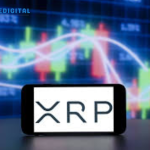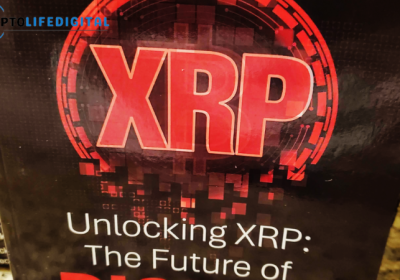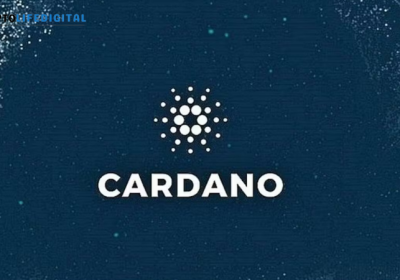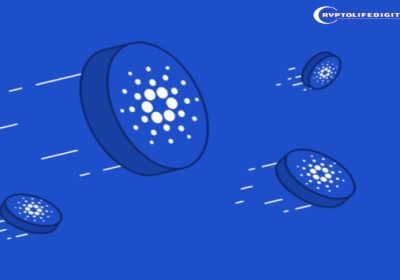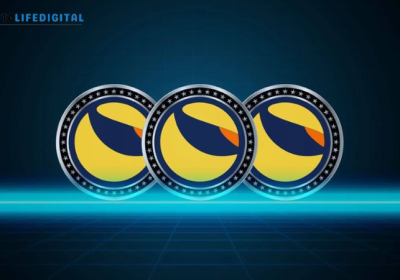Controversy Erupts as Greenpeace UNITED Validator Faces Backlash for Blocking Terra Classic Progress

The Terra Classic community is facing renewed internal tension as allegations surface against the validator Greenpeace UNITED, operated by the user known as Greenpeace06_09. Community members accuse the validator of repeatedly using NoWithVeto votes to block major proposals, hindering the chain’s growth and development.
Read Also: German Media Sparks XRP Frenzy as BXE Token Ushers in New Blockchain Era
Repeated Vetoes Spark Frustration
According to on-chain data and public posts, Greenpeace UNITED has consistently vetoed key proposals that could have advanced Terra Classic’s technical infrastructure and community funding. Supporters of the chain argue that while the validator claims to protect against “scams,” the result has been the opposite — stagnation in upgrades, reduced liquidity, and a decline in developer engagement.
For instance, Proposal 12199 (TFL Wallet Recovery) was designed to enhance the community pool and potentially fund network improvements. Greenpeace UNITED opposed it, labeling it “dangerous” and suggesting it might attract unwanted federal attention. Critics argue that this decision prevented crucial financial inflows needed for burns and technical development.
Another case involves the Frag Dev Funding Proposal, which aimed to allocate resources to active developers working on chain upgrades. Greenpeace UNITED vetoed it as well, citing alleged ties to certain groups, an accusation that community members called unsubstantiated.
The Governance Impact
The repeated use of NoWithVeto has a direct impact on network governance. Such votes not only reject a proposal but also burn a portion of the proposer’s deposit and can discourage future submissions. The pattern has led to growing frustration among developers and stakeholders who see their efforts repeatedly blocked, despite majority community support for some initiatives.
Read Also: LUNC Heroes NFTs Complete 7th USTC Burn Milestone
Observers note that this situation creates uncertainty, deterring investors and builders from engaging with Terra Classic. The lack of consensus and consistent vetoing has slowed progress on crucial projects like cross-chain liquidity upgrades and infrastructure repairs.
Divided Community and the Path Forward
This conflict has deepened divisions within the Terra Classic ecosystem. While some defend Greenpeace UNITED’s cautious approach as necessary oversight, others view it as excessive gatekeeping that damages the network’s credibility and momentum.
The Terra Classic community now faces a critical choice — to reform governance mechanisms that prevent such concentrated influence or risk further stagnation. As developers and investors call for unity, the controversy highlights a broader lesson in blockchain governance: decentralization requires balance, transparency, and collaboration to truly thrive.
Follow us on Facebook, Telegram, and Google News.

Cryptolifedigital is a cryptocurrency blogger and analyst known for providing insightful analysis and commentary on the ever-changing digital currency landscape. With a keen eye for market trends and a deep understanding of blockchain technology, Cryptolifedigital helps readers navigate the complexities of the crypto world, making informed investment decisions. Whether you’re a seasoned investor or just starting out, Cryptolifedigital’s analysis offers valuable insights into the world of cryptocurrency.




